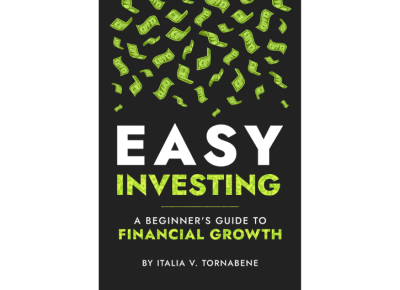Today, sustainability has evolved from a mere trend to a fundamental pillar of business operations worldwide. It’s no longer about ticking regulatory boxes; it’s about integrating environmental stewardship, social responsibility, and economic viability into the very essence of a business. The modern business landscape demands sustainability, eco-friendly initiatives, and social responsibility. These practices not only shrink our environmental footprint but also boost brand reputation, foster trust among stakeholders, and drive long-term value creation.
Understanding the breadth and depth of sustainable business practices is essential. These range from reducing carbon emissions and minimizing waste to fostering workplace diversity and supporting community development. The goal is to balance profit with a commitment to the planet and its people. Such practices include adopting energy-efficient measures, utilizing renewable energy, sustainable sourcing, and introducing eco-friendly packaging.
The rewards of embracing sustainable practices are abundant. Environmental conservation efforts lead to the preservation of natural resources, protection of ecosystems, and mitigation of climate change. For businesses, this translates into a more robust brand reputation, as modern consumers gravitate towards brands that authentically champion environmental and social causes. This shift in consumer behavior is compelling companies to stand out in the market through sustainability.
The trust that sustainability builds with stakeholders—including customers, employees, and investors—is invaluable. Companies are now more than ever required to be transparent about their practices and show tangible, ethical efforts in their business operations. Addressing these environmental, social, and governance (ESG) risks helps mitigate long-term threats and fosters innovation by encouraging new sustainable products and business models. This adaptability is crucial in maintaining competitiveness in a fast-evolving market.
Several strategies can be pivotal for businesses looking to integrate sustainable practices. Setting clear, measurable goals related to sustainability can align with broader business objectives, like improving energy efficiency or increasing the use of renewable resources. A detailed roadmap can help outline strategies and set timelines, which aids in tracking progress and maintaining accountability.
Stakeholder engagement is another critical strategy. Collaborating with customers, suppliers, and local communities can foster shared sustainability objectives. This inclusive approach ensures buy-in and maximizes impact. Moreover, embedding sustainability across all business operations can make a significant difference in product design, procurement, manufacturing, or marketing.
Investing in technology and innovation can be a game-changer for businesses. By harnessing new technologies and sustainable materials, companies can optimize resource efficiency and reduce environmental impacts. Regularly measuring and reporting on these efforts is equally crucial; it not only helps in gauging progress but also enhances transparency and stakeholder confidence.
Collaboration extends beyond individual companies. Sharing best practices and participating in industry initiatives can amplify the impact of sustainability efforts. These collaborative networks drive sector-wide changes and accelerate the transition towards a more sustainable future.
In conclusion, embracing sustainable practices is more than a mere compliance necessity—it is a strategic imperative that offers a pathway to long-term success and societal impact. By integrating environmental stewardship, social responsibility, and economic strategies, businesses can reduce their ecological impact and pave the way for a sustainable future. It’s an ongoing journey that requires commitment, innovation, and leadership, but it will define today’s businesses’ legacy and create a better world for future generations.
Italia Tornabene is a business owner and entrepreneur with vast knowledge in the financial and investment sectors. Growing up with limited resources and a lack of financial expertise, she took `journey has provided her with a wealth of knowledge and resources, making her the first millionaire in her family. Italia’s passion is to share the information she has learned with others and inspire them with practical steps and valuable knowledge.

You can follow Italia on Instagram @italiatornabene.
Her new book “Easy Investing: A Beginner’s Guide to Financial Growth” is found on Amazon.com and Google Play Store







Add Comment
You must be logged in to post a comment.